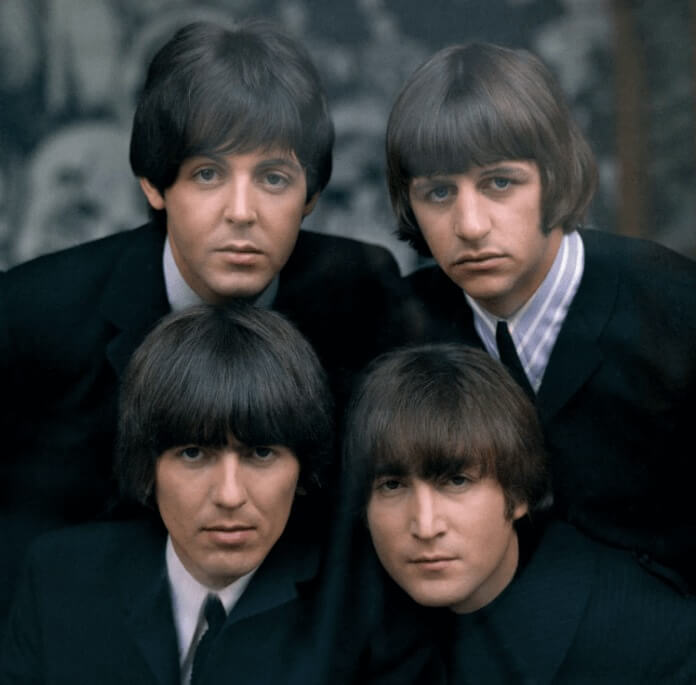Learn from the Collaborative and Creative Techniques of One of the Greatest Bands of All Time.
G.O.A.T songwriting
The Beatles are widely recognized as one of the greatest bands of all time, thanks in no small part to their exceptional songwriting skills. While Paul McCartney and John Lennon are often credited as the primary songwriters, George Harrison and Ringo Starr also made significant contributions to the band’s extensive repertoire. With the release of the 50th Anniversary edition of Abbey Road, let’s explore some valuable insights and tips from The Beatles’ songwriting process.
filler letters
Use Filler Lyrics To overcome writer’s block or uncertainty with lyrics, you can use filler lyrics or gibberish to keep the melody flowing. The Beatles used this technique, and Paul McCartney famously used the phrase “Scrambled Eggs” as a temporary placeholder for the classic song “Yesterday.”
Take Notes and Record Ideas
Recording your ideas and notes is invaluable to the songwriting process. Even though The Beatles did not have access to modern technology in the 1960s, they frequently recorded their ideas on small cassette recorders or other equipment. Today, with the help of smartphones, you can easily record soundbites and save them for later.
Write Down Lyrics and Ideas Immediately
If you have lyrics or melody ideas, it’s essential to write them down in a notebook or recording device the moment they come to you. This approach is a tip that Paul McCartney has used for his songwriting, and he famously wrote “Let it Be” based on a dream about his mother.
Collaborate with Others
Collaborative songwriting can be a lot of fun, and it can help bring fresh ideas and perspectives to your music. The Beatles’ songwriting process was largely collaborative, with Lennon and McCartney co-writing most of their songs. One person would start the songwriting process and take the work to the other person, who would add a lyric or help reshape the composition with new ideas.
Listen to Feedback
Constructive feedback is an essential part of the songwriting process, and The Beatles often took their unfinished songs to each other for creative feedback. As a songwriter, it’s important to take feedback and criticism positively and use it as an opportunity to improve the song and your craft. You don’t have to use all the feedback you receive, but it’s essential to remain open to constructive criticism and new ideas.
We conclude
The Beatles’ songwriting process was collaborative, creative, and innovative. By using tips like using filler lyrics, recording your ideas, writing down your lyrics immediately, collaborating with others, and listening to feedback, you can improve your own songwriting skills and create music that resonates with listeners. Take inspiration from The Beatles’ songwriting process, and see where it can take you and your music.
